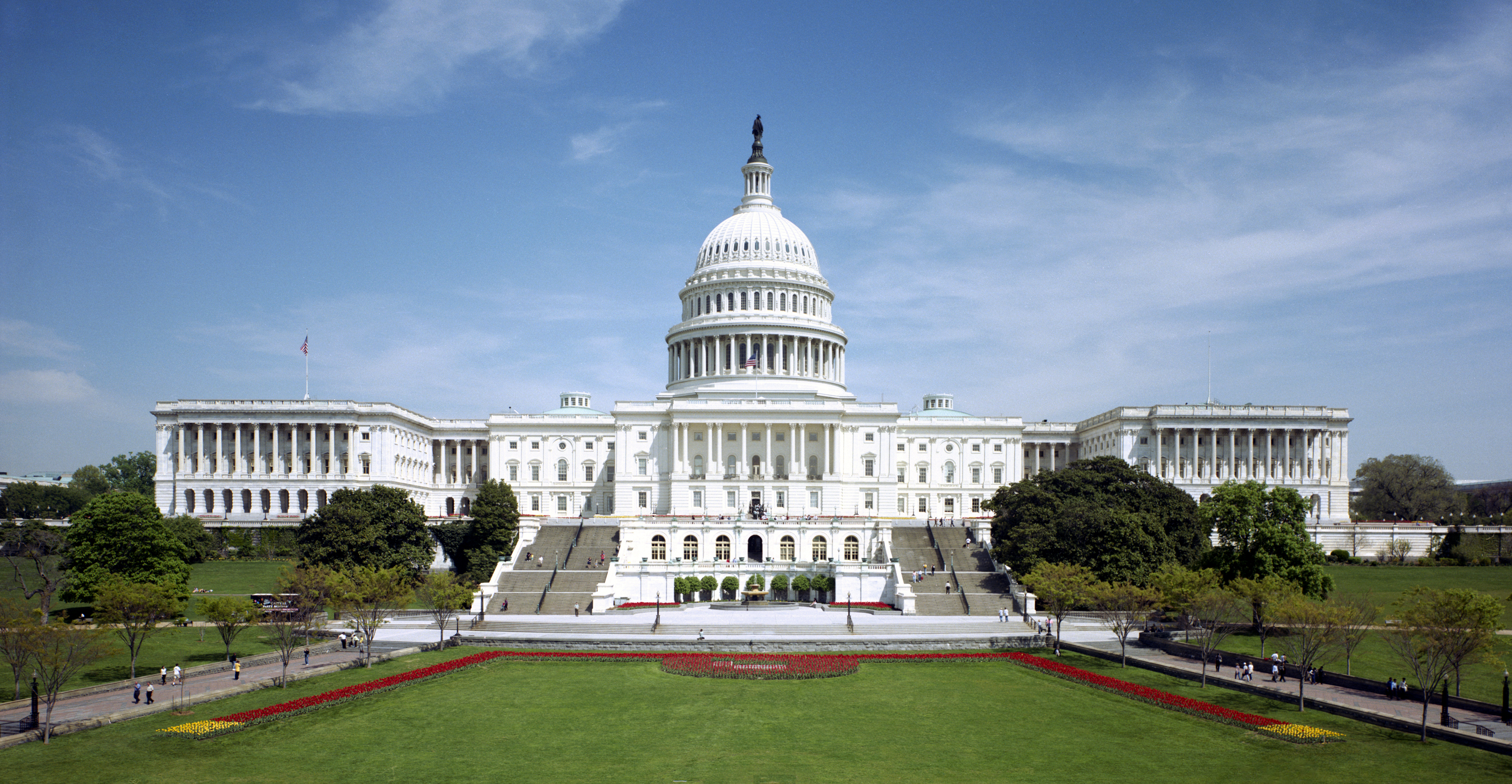|

With Obamacare Repeal on Hold, Retailers Move on to Other Washington Priorities
By J. Craig Shearman
Efforts to repeal and replace Obamacare have collapsed – at least for the moment – but the National Retail Federation is still working to protect debit card swipe fee reform that has saved retailers and consumers billions of dollars and to defeat a proposed “border adjustment” tax that would drive up the cost of imported merchandise.
After years of attempts, Obamacare repeal appeared to be within grasp in March, when the American Health Care Act was brought to the House floor with the support of President Trump. But the measure was withdrawn at the last moment after conservative Republicans said the budget reconciliation process being used to roll back key provisions did not go far enough and refused to vote for the measure.
“This bill doesn’t do everything that should be done, but real reform could have been achieved,” NRF Vice President for Health Care Policy Neil Trautwein said. “By holding out for a perfect proposal that might never make it to the White House, the House has squandered an opportunity to pass realistic legislation.”
NRF opposed Obamacare when it was passed in 2010, and sought repeal while working with Congress to mitigate its most onerous provisions. Rather than lowering costs, the controversial law emphasized mandates that have driven up health insurance expenses instead.
Backers of repeal used budget reconciliation because it would have allowed the measure to pass the Senate with only 51 votes and they did not have the 60 votes normally required. But doing so meant the bill could only address issues with a revenue impact. The employer mandate requirement that businesses provide health insurance to full-time workers, for example, would not have been repealed outright, but financial penalties for non-compliance would have been reduced to zero.
Trump and House Speaker Paul Ryan, R-Wis., said health care could be revisited, but that for the near-term they would shift gears and work on tax reform instead.
NRF has been a longtime champion of comprehensive tax reform that would eliminate tax breaks that benefit only some industries and use the revenue saved to lower rates for all businesses. Ryan’s tax package includes many elements sought by NRF, and would reduce the federal corporate tax rate to 20 percent from the current 35 percent. But it also includes a border adjustment provision that would impose a new 20 percent tax on all imported merchandise.
Retailers, who rely heavily on imports, would be unable to easily switch to domestic suppliers because much of the merchandise affected is no longer produced in the United States in sufficient quantities. Some merchants could be hit with tax bills three to five times the size of current profits, and retailers would have no choice but to pass the costs along to consumers. NRF estimates the new tax could cost the average family $1,700 a year, causing declines in retail sales that could drive some retailers out of business.
NRF responded with a massive lobbying and public relations campaign that included a television commercial aired on Saturday Night Live and other programs watched by Trump that parodied “as seen on TV” ads.
“Too much dough got you feeling low?” a fast-talking pitchman asks. “Then you need the BAT tax! The all-new BAT tax is specially designed to make your disposable income disappear!”
The ad quickly went viral, sparking widespread coverage in the mainstream media that has helped increase public opposition to the proposal. Opposition is also building in the Senate, where even Ryan’s fellow Republicans have joined Democrats in speaking out against the new tax.
Action on House legislation that would repeal the Federal Reserve’s cap on debit card swipe fees as part of a larger rollback of the Dodd-Frank Wall Street Reform and Consumer Protection Act has been pushed back until May. NRF is trying to convince the bill’s sponsor, Financial Services Committee Chairman Jeb Hensarling, R-Texas, to remove repeal from the final bill, arguing the cap has helped end anti-competitive price-fixing that allowed banks to charge as much as they like.
“If debit reform is repealed, the savings that have benefited consumers would quickly be reversed,” NRF Senior Vice President and General Counsel Mallory Duncan said. “Our nation’s economy cannot afford to allow that to happen.”
|